A Microplate Assay to Assess Chemical Effects on RBL-2H3 Mast Cell Degranulation: Effects of Triclosan without Use of an Organic Solvent
November 1st, 2013
•Mast cell degranulation, the release of allergic mediators, is important in allergy, asthma, and parasite defense. Here we demonstrate techniques1 for assessing effects of drugs and toxicants on degranulation, methodology recently utilized to exhibit the powerful inhibitory effect of antibacterial agent triclosan2.
Related Videos

Measurement of Antibody Effects on Cellular Function of Isolated Cardiomyocytes
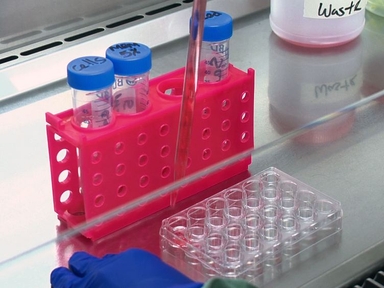
Investigating the Effects of Probiotics on Pneumococcal Colonization Using an In Vitro Adherence Assay

Analyzing the Effects of Stromal Cells on the Recruitment of Leukocytes from Flow

Investigating Mast Cell Secretory Granules; from Biosynthesis to Exocytosis

A Miniaturized Glycan Microarray Assay for Assessing Avidity and Specificity of Influenza A Virus Hemagglutinins
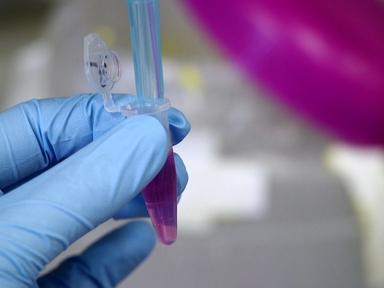
Implementation of a Permeable Membrane Insert-based Infection System to Study the Effects of Secreted Bacterial Toxins on Mammalian Host Cells
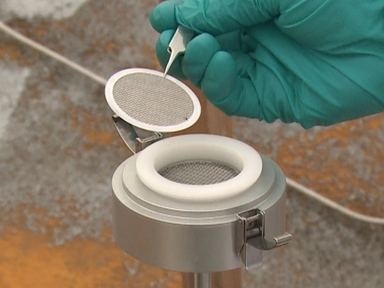
Flow Cytometric Analysis of Particle-bound Bet v 1 Allergen in PM10
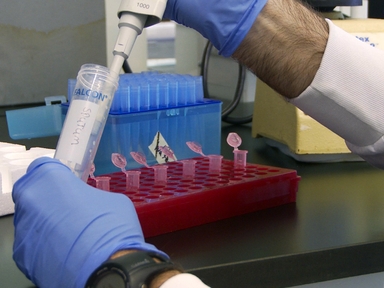
Visualizing the Effects of Sputum on Biofilm Development Using a Chambered Coverglass Model
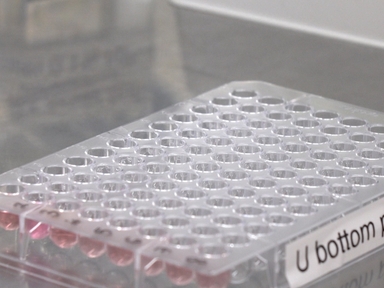
Fluorescence-based Neuraminidase Inhibition Assay to Assess the Susceptibility of Influenza Viruses to The Neuraminidase Inhibitor Class of Antivirals

Isolation of Peritoneum-derived Mast Cells and Their Functional Characterization with Ca2+-imaging and Degranulation Assays
ABOUT JoVE
Copyright © 2024 MyJoVE Corporation. All rights reserved